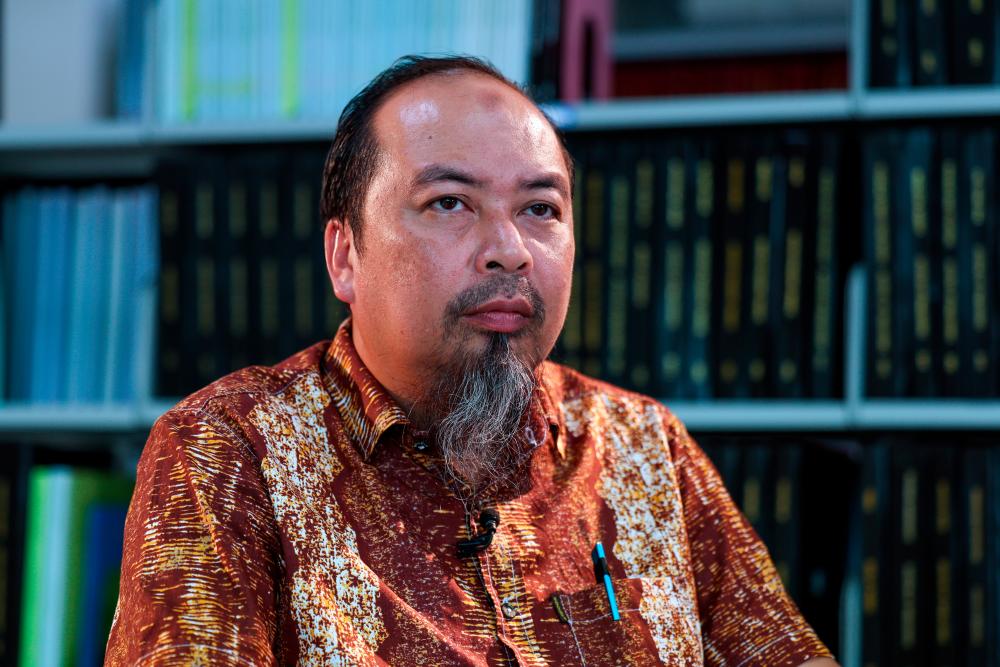PETALING JAYA: Inadequate financial literacy among Malaysian youth remains a significant issue, despite its crucial role in ensuring personal money management and contributing to national economic growth, said Putra Business School economic analyst Assoc Prof Dr Ahmed Razman Abdul Latiff.
He said the theoretical approach in current education systems is one of the main factors contributing to the problem.
“Many young Malaysians learn financial concepts in theory but struggle to apply them until they start earning. By then, they often lack the basic financial literacy needed to manage their money wisely.”
Ahmed said common financial challenges for youth include the rising cost of living, such as expenses for food, telecommunications and clothing. These difficulties worsen as they grow older, particularly when faced with major financial commitments such as purchasing property, renting homes or preparing for marriage.
He added that the approach to education needs to change, emphasising the need for more practical and action-based options.
“Financial education should move away from traditional teaching methods. It should be delivered by certified financial planners and use technologies like artificial intelligence and augmented reality to simulate real-world financial challenges.
“The Education Ministry should allocate a larger portion of its budget to prepare students to manage their finances effectively through these innovative approaches, fostering better financial literacy.”
On Oct 3, Finance Deputy Minister II Datuk Seri Amir Hamzah Azizan said to promote awareness and basic knowledge on finances among the public, collaboration among financial institutions, the private sector and government agencies needs to happen.
“Financial literacy is more than just saving or investing. It’s about managing finances for long-term stability. Financially literate individuals can better handle risks, make smart investments and plan for the future,” Amir Hamzah said.
“Improving financial literacy has profound economic implications. By equipping the younger generation with financial knowledge, we are laying the groundwork for a more prosperous Malaysia.”
One such initiative is the Financial Industry Collective Outreach (Finco), backed by Bank Negara Malaysia, which aims to address the issue.
Finco CEO Clare Walker said the organisation focuses on youth, particularly in underprivileged schools with a high intake of B40 students.
“Our programmes like Good Sens (Social Enterprise Network for Schools) and Ringgit Rules equip primary and secondary school students with practical financial knowledge. Students learn about spending, saving, budgeting and managing finances through activities like running social enterprises and participating in workshops.
“Good Sens targets primary school pupils, while Ringgit Rules focuses on older
students, teaching skills like choosing a bank account, understanding payslips, recognising scams and being responsible when using a credit card.
Walker also said Finco recently launched the Train the Trainer programme with the Financial Education Network and Education Ministry, aiming to equip educators with strong financial management skills to teach students effectively.
Despite these initiatives, she said teaching finance to youths remains challenging.
“Many young people develop money management habits from their parents, and the lack of access to financial services further complicates matters. Some also find financial topics stressful and avoid them, while others are overconfident and take unnecessary risks, such as accumulating debt.”
She said to combat such financial issues, youths can tackle financial challenges by setting medium or long-term financial goals.
“Taking a moment to pause before making purchases can curb impulsive spending while understanding compound interest, and saving early can help build financial security.”









